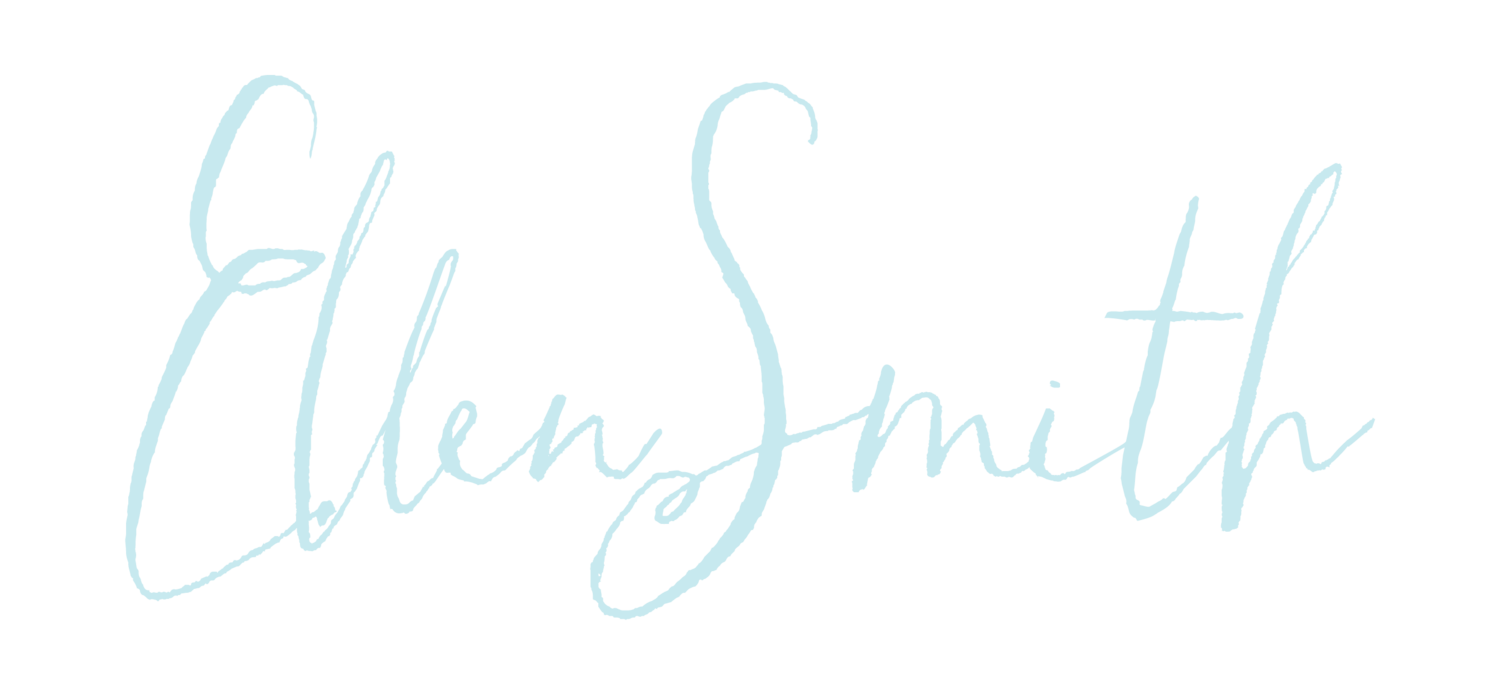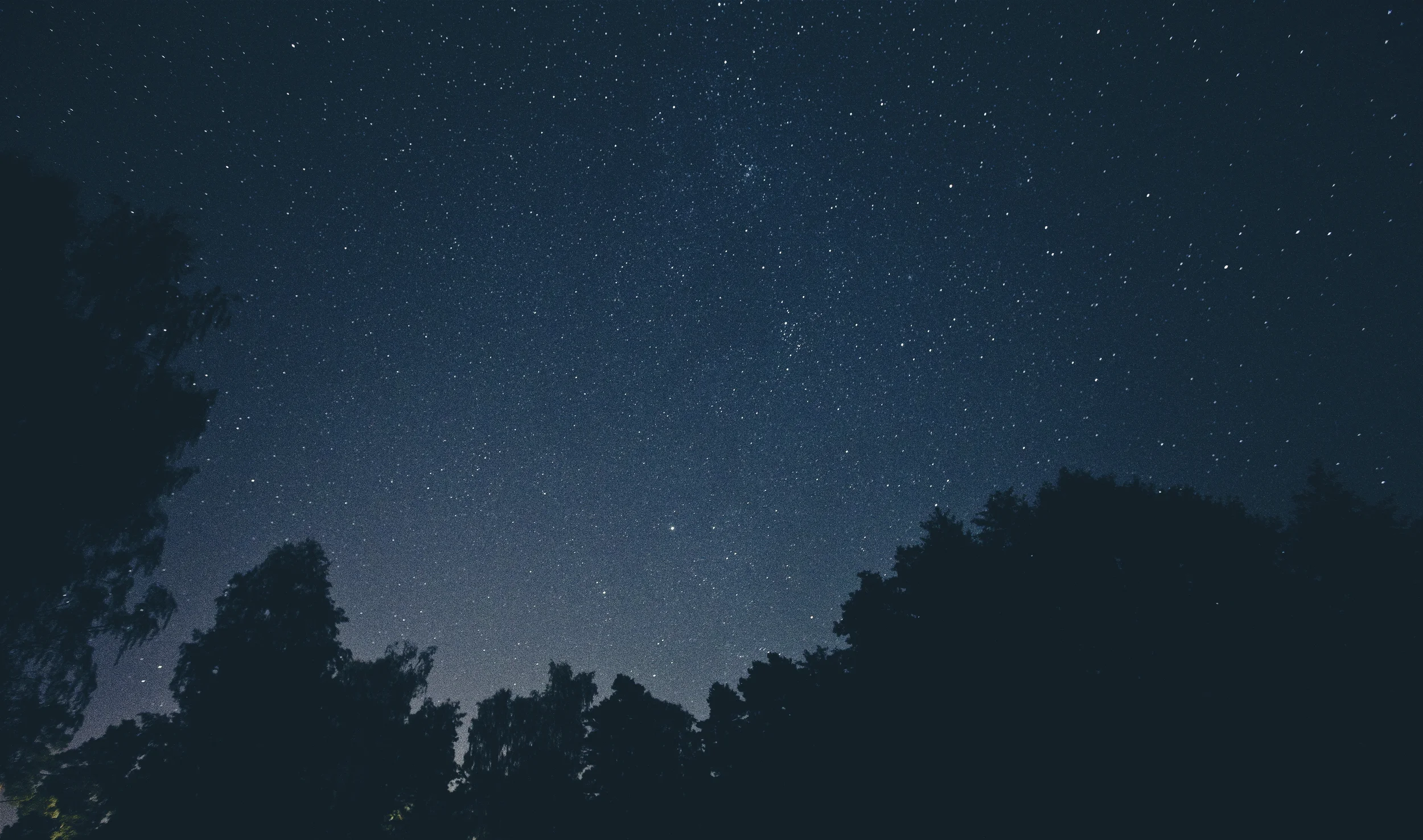There are some points in our lives where our usual language is lost to us. These times aren't necessarily sad--it's also possible to be so happy, so in love, or so grateful that we can't find the words to express ourselves. When words fail, I've always turned to music. Some songs capture a moment or a feeling better than a thousand novels ever could. One of these songs is Leonard Cohen's Hallelujah.
You've probably heard this song before, though it may not have been sung by Cohen. Hallelujah has been covered by many different artists. Probably most famously by Jeff Buckley, but also by Bon Jovi, Bob Dylan, and American Idol's Jason Castro--just to name a few. My favorite version will always be the one performed by Cohen himself. If you haven't heard it yet, take a minute to listen:
I love the way he delivers each line. Some of the lines are so haunting and some are so casual they feel like a little personal aside. ("You don't really care for music, do you?") This is my favorite verse:
For me, Hallelujah represents pure, raw humanity. It's about David and Samson and it's just as much about us--the "real" people who feel lost and divine and broken and holy all at once. It takes these heroes from the Bible off of their pedestals and puts them here with us in the everyday.
I've listened to this song many times since last Thursday, when I heard the news that Leonard Cohen had passed away at the age of 82. As a composer, musician, novelist, and poet, Cohen often explored themes that you hear in Hallelujah--spirituality, love, loss, brokenness, and healing. His music has offered me a place to reflect, rest, and rejoice, even at times when I wasn't able to put words to those feelings myself.
For all of us creatives, this is why we do what we do. This is why, when we finally finish writing or composing or painting, we're not going to keep our work to ourselves. We're going to share it. Maybe we'll get the big publishing contract or the record deal, maybe we'll go for the smaller label, maybe we'll go indie or even share it for free. But it's so important that we do share what we create, because someone, somewhere, needs to hear it. It might not be someone we know now, it might not be someone we ever meet, but there is someone out there who needs our work.
When words fail, there is always music. I'm so grateful to Leonard Cohen for being the artist that he was, for sharing his gifts with us, and for giving a voice to all of us who are working to find ours. Thank you, Mr. Cohen. Rest in peace.





